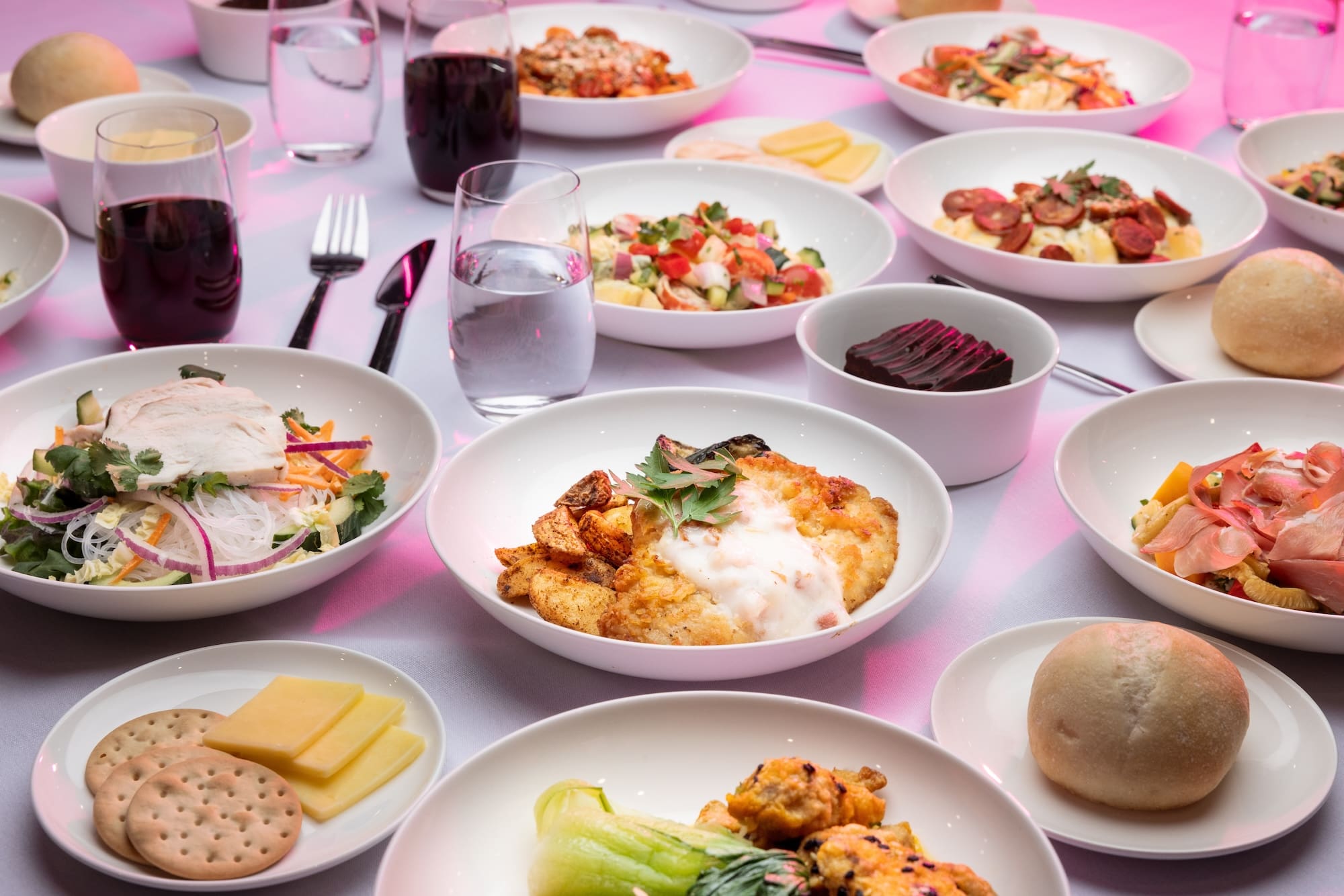Fruit growers urge shoppers to buy local after major processor SPC cuts canned fruit production

- by Admin
- June 5, 2024
One of Australia’s largest food processors is slashing its canned fruit production as shoppers turn to cheaper imported food amid a cost-of-living crisis.
Shepparton-based SPC Global Ltd recently told its Australian suppliers it would cut its peach and pear intake by almost 40 per cent.
In a statement, an SPC spokesman said the Goulburn Valley processor had made “the difficult decision” due to declining demand for their canned peaches and pears.
“As a result of the cost-of-living crisis … customers are purchasing alternative products imported from countries such as South Africa and China, where the cost of production is lower,” the spokesperson said.
The company said it expected volumes of peaches and pears to normalise in 2026 but sourcing of apricots, plums and apples would remain unchanged.
‘Everyone’s struggling’
Cobram and District Fruit Growers vice-president and SPC supplier, Matthew Cornish, said he was working through what the cuts would mean for his business and industry.
“The peaches are down to 10,000 tonne from just below 16,000 tonne last year, and the pears are down to 4,000 tonne,” Mr Cornish said.
“That could change depending on sales going forward.”
Mr Cornish said he understood Australian households were under mounting financial pressure.
“Everyone’s struggling and looking at the bottom line for their household income, so they are looking at the cheapest options across the board,” he said.
“But hopefully interest rates … get cut instead of going up, and that will hopefully free up some income from households to boost sales.”
Mr Cornish said farmers were still grappling with the decision, with some looking to sell fruit into the fresh market — wholesalers or supermarkets — to stay afloat.
But he said that could lead to even lower returns for growers.
“That would put a bit of downward pressure on the fresh market prices, which is an unfortunate by-product of it,” he said.
Calls for tariffs
Fruit Growers Victoria grower services manager Michael Crisera said growers and processors were struggling to compete with imported products.
“The retailers — whether it be IGA, Coles, or Woolworths — tend to have their own branded products with fruit that comes from China or South Africa, which have very cheap growing costs,” Mr Crisera said.
“And when you’ve got cost-of-living pressures, a lot of consumers are looking for the cheaper option … and I don’t think they realise where the fruit comes from.”
Mr Crisera said the trend was forcing growers to make some tough decisions.
“The problem is once growers pull out trees, they may never replant them again, and then we lose certain varieties,” Mr Crisera said.
He said the industry shouldn’t bear the burden alone and called for import tariffs.
“And the government also needs to help us promote Australian-grown produce,” he said.
“Otherwise we’re going to potentially lose an industry, and there won’t be an option to ever buy Australian canned products.”
A spokesperson for Coles said the retailer was seeing “value-conscious customers switching into Own Brand alternatives in a range of categories”.
“We are working closely with our suppliers to increase the volume of locally grown fruit in our canned range while also maintaining availability for our customers.”
Key stories of the day for Australian primary producers, delivered each weekday afternoon.
Posted , updated
The Latest News
-
November 14, 2024Aussie golfer wins Korn Ferry Tour’s rookie of the year
-
November 14, 2024Cam Smith welcomes NSW Open showdown with Lucas Herbert, but plenty of golf remains – Australian Golf Digest
-
November 14, 2024AFLW upstarts Hawthorn put ruckus behind them and turn focus to Port Adelaide
-
November 14, 2024How Josh Giddey’s confidence shooting the ball is fuelling his early season form for the Bulls | Sporting News Australia
-
November 14, 2024Australia’s newest PGA Tour star follows in the footsteps of world No.1 with coveted accolade



